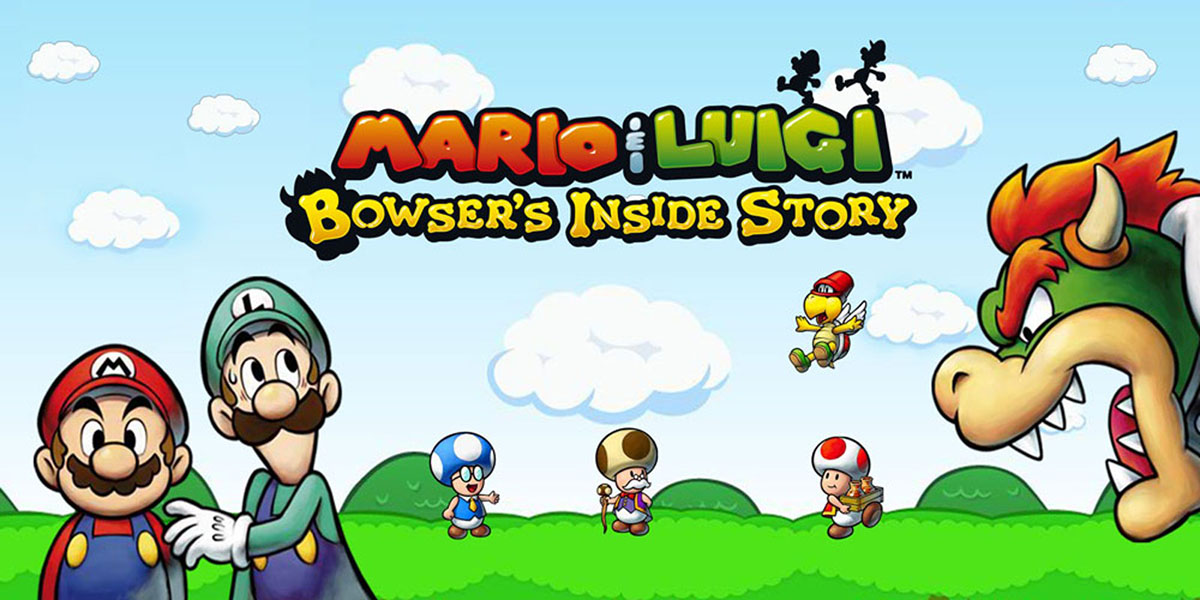In the world of international politics, scandals are nothing new. But it is especially painful to conclude that despite tough rhetoric, there is little improvement in the foreign aid mismanagement pandemic.
This problem requires immediate attention of world leaders, as the lives of the needy depend on it. Dedicated non-governmental organizations, NGOs, contributing on the ground will not be able to help the poverty stricken alone.
Recently, the Financial Times reported that the Kenyan government squandered millions of dollars on luxury vehicles, mainly for the use of senior officials. This coincided with the new administration’s promise to tackle poverty and make the government apparatus more efficient.
The mismanaged funds could have been used to provide medicine to the 147,000 people infected with HIV/AIDS for a year, or to cover the costs of tuition for 25,000 children for eight years.
The Kenya National Commission on Human Rights said the wastefulness of officials is seriously undermining “any commitment to reform.”
Interestingly enough, in 2005 European Union officials, not particularly known for small government inclinations, calculated that two-thirds of Kenya’s public administrative workers could be fired without impeding the functioning of the state, the Polish news weekly Wprost reports.
This is not the first time an African country mismanaged development funds. In 1985 a large scale foreign aid campaign, Live Aid, ended up benefiting the Ethiopian communist dictator Haile Mariam instead of the starving population.
He gave the funds to the tribes that supported him, while sending troops elsewhere, thus making the famine worse.
Western aid has been maintaining the large bureaucracies of many African countries for years. According to Wprost, since Nigeria became independent in 1965, $375 billion were stolen.
This amount, is six times the amount Europe was offered through the post-World War II Marshall Plan. Together with corruption, the bureaucracies are seen as the biggest obstacle to development today.
According to the Financial Times, the recently appointed World Bank president, Paul Wolfowitz, placed greater emphasis on governance standards and eradicating corruption. When asked about the approved $145 million loans to Kenya, Colin Bruce, the World Bank’s country director defended the bank’s decision as sound.
He did so after the luxury vehicle scandal emerged. In his defense, Bruce said his organization is committed to fighting corruption and that it withheld $260 million in funds totaling for previously planned projects.
There are inconsistencies, but not helping countries requiring foreign aid is not the solution. Such radical moves risk exacerbating the problems common people face, as leaders are not the ones struggling to make ends meet.
The dilemma donors now face, is how to cut assistance without hurting the poor. An idea worth supporting is the channeling of foreign aid, previously handled by governments, to NGOs operating in less developed countries. The UK did this after reacting to the authorities’ post-election clampdown in Ethiopia. Together with other donors, it has also reduced the support for Uganda because of concerns regarding this country’s progress towards more open politics.
Making sure where exactly foreign economic assistance goes will matter now more than ever in the Middle East.
After Hamas won the majority of votes in recent Palestinian elections, universally judged as being fair, questions about how to deal with this new leadership arose on both sides of the Atlantic.
Whether diverging opinions will create a new rift between the U.S. and the European Union governments is still in the making. Until now, the European Union has been sending $600 million in annual development aid to the Palestinian authorities.
In the past there were questions, often raised by Israel, whether these funds were properly used under the PLO leadership. Now that a terrorist organization, denying the Jewish state the right to exist, governs the Palestinian autonomy, donors worldwide have doubled their efforts to find ways to continue providing assistance without fueling an ongoing conflict.
Africans and Palestinians should not be denied economic aid. If funds are wisely channeled to trusted NGOs and philanthropic organizations, a lot of assistance mismanagement issues will disappear.
Donors around the world should not debate whether or not to give money to Hamas or some African dictator, both guilty of murdering innocent people.
The Palestinians made their choice based on their disillusionment with the failing PLO leadership. Given the difficult political situation in the Middle East, this outcome has logical explanations, other than the irrational ones presupposing that most Palestinians support all of Hamas’ objectives.
Foreign aid should be managed more carefully, not reduced. Struggling governments should be pushed to fight with corruption and to reduce the size of their bureaucracies. Development policies should be geared in this direction if they are to succeed.
One can only hope that the poor will not be the ones who lose in this key debate.






